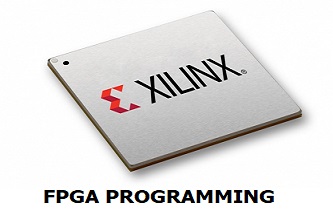PX5 RTOS Enhances with Embedded File System
PX5, a leading provider of real-time operating systems (RTOS), has recently announced the addition of a FAT-compatible embedded file system to its robust platform. Known as PX5 FILE, this new feature allows developers to implement real-time storage solutions across various physical mediums such as RAM, FLASH, and SD cards, utilizing the industry-standard FAT (File Allocation Table) file system format.
This integration of PX5 FILE enables seamless sharing of application data between different platforms, ranging from embedded devices to desktop computers. The file system supports FAT 12/16/32 formats and incorporates multiple internal caches, including logical sector cache, FAT entry cache, and directory path cache, with developers having the flexibility to control the size of each cache.
One of the key highlights of PX5 FILE is its fault tolerance mechanism, which safeguards against file system corruption resulting from power loss or abnormal program execution. Moreover, the file system prioritizes safety and security by leveraging the PX5 RTOS Pointer/Data Verification (PDV) technology to verify function pointers and internal data structures during runtime, ensuring robustness and reliability.
Bill Lamie, the CEO of PX5, emphasized the importance of providing developers with a dependable storage solution that prioritizes safety and security. Lamie stated, “PX5 FILE offers unparalleled reliability, interoperability, and high performance for resource-constrained, real-time embedded systems, addressing the critical needs of developers in today's fast-paced technological landscape.”
Furthermore, the developer interface of PX5 FILE is designed to be user-friendly, utilizing the industry-standard Linux file system API. This includes familiar functions such as open, close, read, and write APIs, eliminating the need to learn proprietary interfaces. Additionally, application code developed with PX5 FILE can be easily ported to embedded Linux platforms, enhancing code reusability and efficiency.












